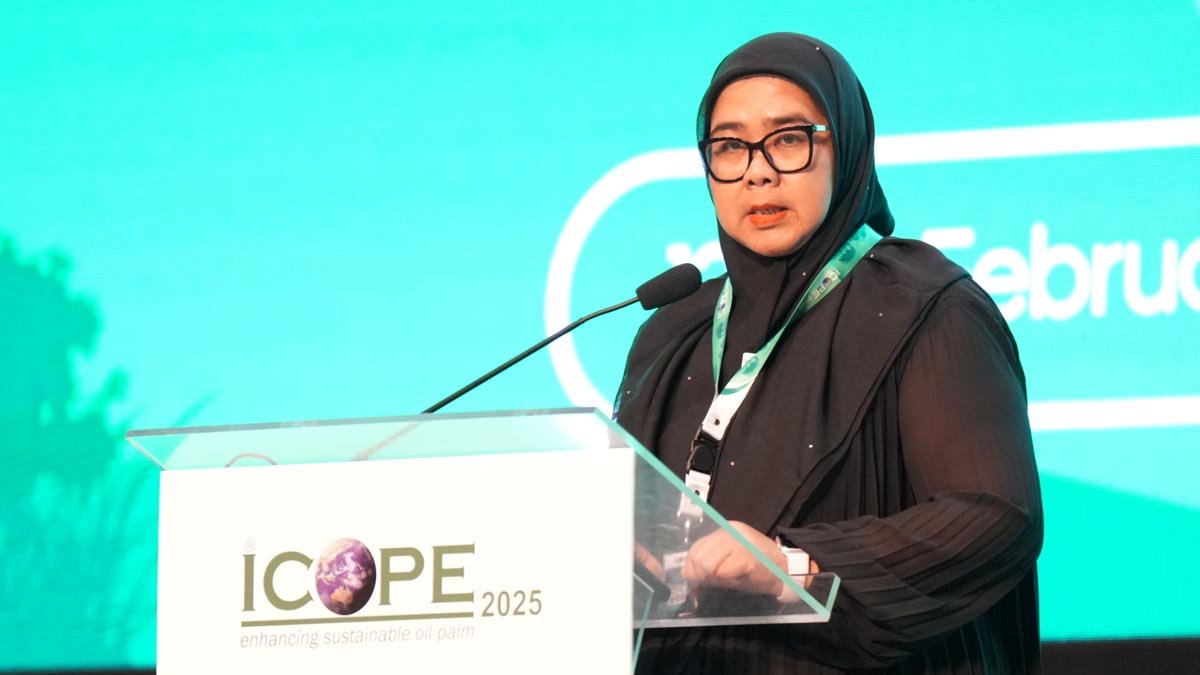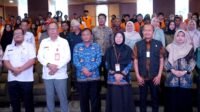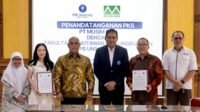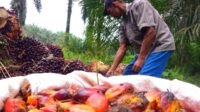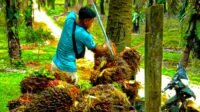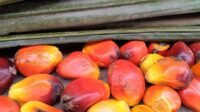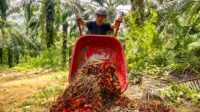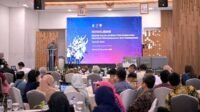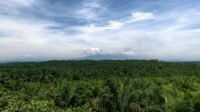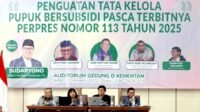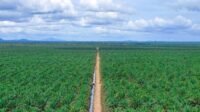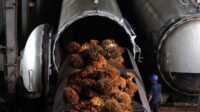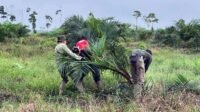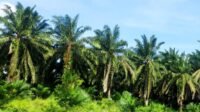PALMOILMAGAZINE, SANUR – Dewi Yani Rizki Lestari, Director of Conservation at WWF Indonesia, emphasized the importance of research, technological innovation, and best practices in enhancing the sustainability of the palm oil industry during the opening of the 7th International Conference on Oil Palm and Environment (ICOPE) in Bali, held from February 12-14, 2025.
“Indonesia accounts for 58% of global palm oil production, playing a crucial role in ensuring the industry’s sustainability. We aim to enhance palm oil commodities in alignment with sustainable development goals,” Dewi stated at the event, attended by Palmoilmagazine.com.
She highlighted the government’s commitment, particularly President Prabowo Subianto’s push for transitioning to renewable energy, including palm-based biofuel. “We have already achieved B40, and there is potential for further advancement. However, this must be accompanied by increased palm oil productivity,” she explained.
Also Read:
According to Dewi, there are two main strategies to boost palm oil production: intensification and extensification. “Intensification involves optimizing existing land productivity through proper treatment, such as appropriate fertilizers, efficient irrigation, and improved plantation management. This benefits both companies and farmers by increasing income,” she noted.
She also underscored the importance of food self-sufficiency, particularly for rice and corn. “By integrating palm oil replanting programs with intercropping on young plantations, we can enhance rice production, supporting the government’s goal to reduce rice imports,” she said.
Dewi stressed that palm oil is not just about economic benefits but also about improving community welfare. “Our goal is to create new prosperity, meaning that farmers and surrounding communities should see improved well-being,” she asserted.
As a tropical country, Indonesia has significant natural advantages. “We have year-round sunlight, something other countries lack. This is a major asset for achieving food self-sufficiency and advancing renewable energy, whether from palm-based biofuel or sugarcane ethanol,” she explained.
Also Read: Agroforestry-Based Palm Oil Management: A Key to Economic and Environmental Sustainability
However, she cautioned against prioritizing food estate expansion at the expense of the environment. “Food estate programs should focus on land genuinely suitable for rice fields. We must ensure that palm oil expansion does not come at the cost of environmental sustainability,” she added.
Dewi also acknowledged the private sector’s role in supporting palm oil productivity. “We appreciate private companies that assist plasma farmers by providing superior seedlings and proper cultivation techniques, leading to increased farmer yields,” she said.
She emphasized that building a sustainable palm oil industry requires collective responsibility, involving the government, private sector, and society. “We must all work together to ensure that palm oil is not only economically viable but also environmentally friendly and beneficial for people’s welfare,” Dewi concluded.
The 7th ICOPE is expected to generate recommendations and innovative solutions to address industry challenges, from productivity enhancement to environmental conservation. With strong collaboration, Indonesia can maintain its status as the world’s largest palm oil producer while setting an example for global sustainability.
“Let’s make palm oil a force for both community prosperity and environmental preservation,” Dewi urged all ICOPE 2025 participants. (P2)

